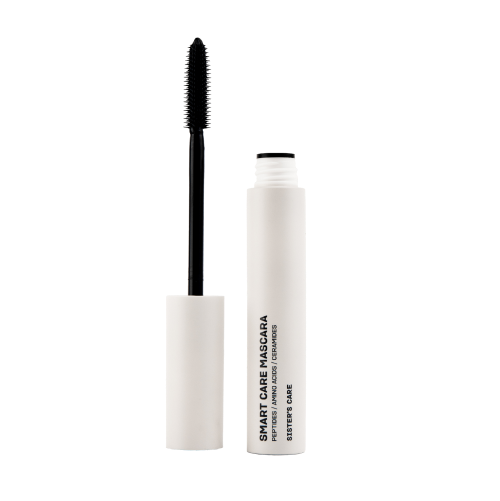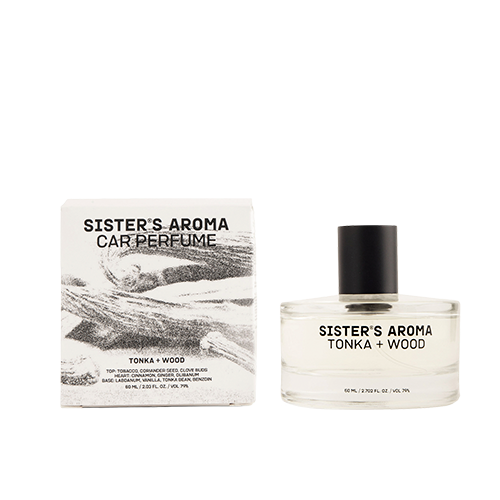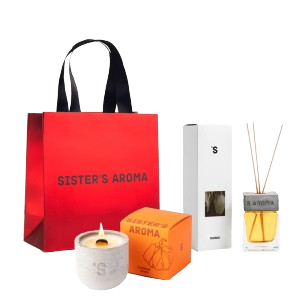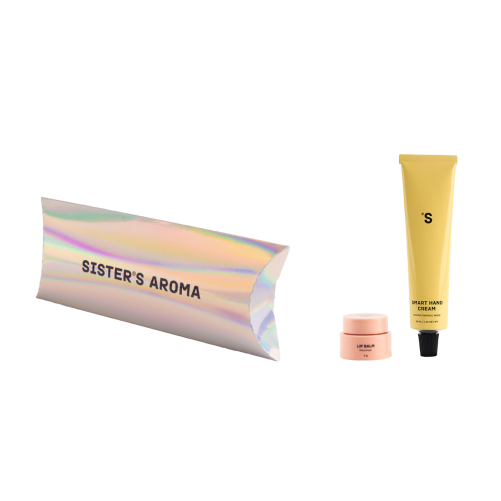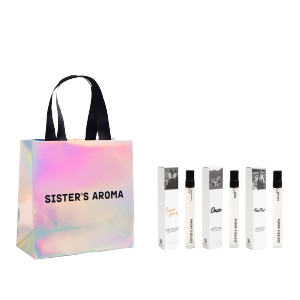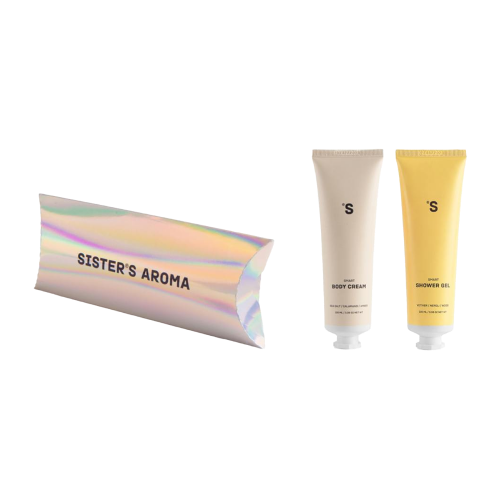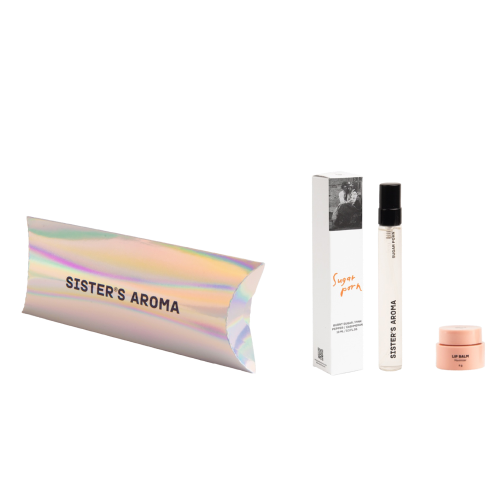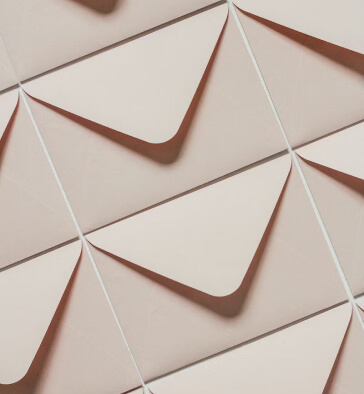What is facial serum and what is it used for?
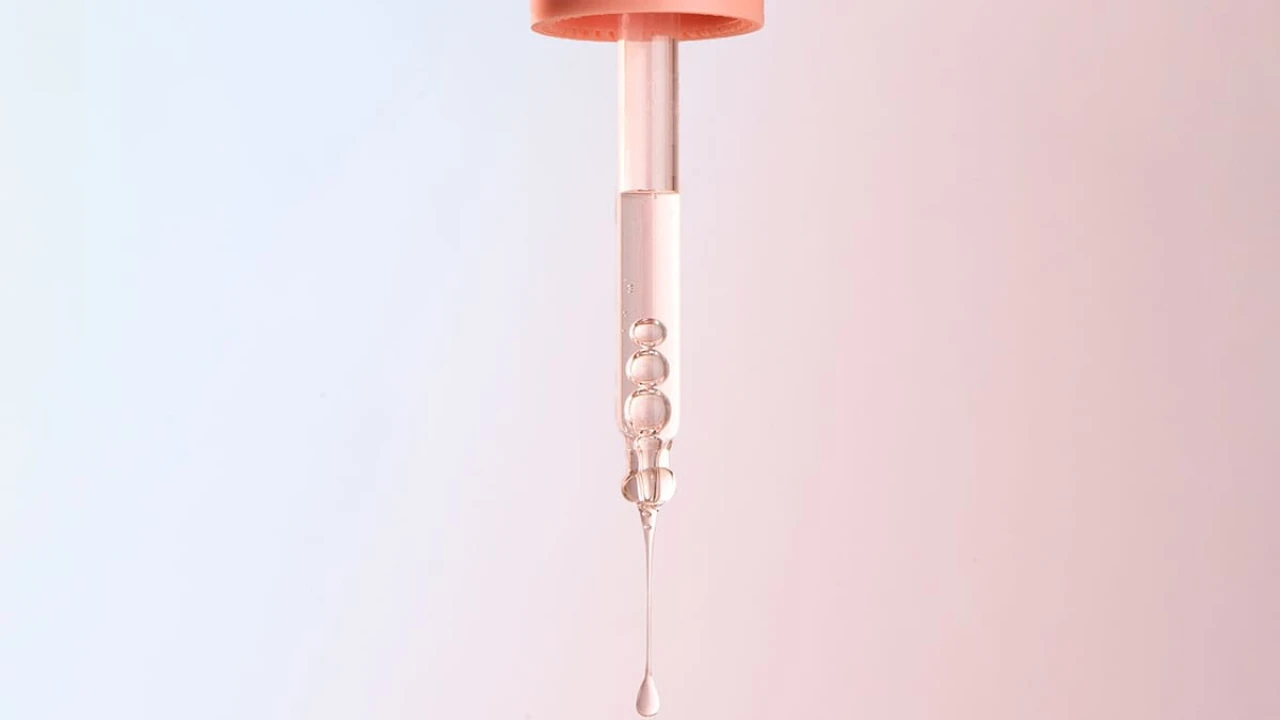
Beauty and youthfulness of the skin are the two main results that a woman dreams of achieving through daily cosmetic care. Among the wide range of serum products, facial serums have become a magical solution, allowing for the most effective resolution of these goals. Facial serum is a product that, when used daily, provides targeted care to the skin. The product is rightly called a quick aid — it is applied almost spot-wise, and fine lines disappear at the point of impact, giving the skin a healthy color and a smooth texture. Let's explore how serums work and how they differ from other cosmetic textures.
Facial serums: What are they?
The active serum is a blend of high concentrations. Thanks to its water content and molecular structure, it easily penetrates the skin, delivering powerful ingredients directly into the dermis. Most products are designed to address specific issues such as wrinkle removal, skin tone evening, and combating acne and inflammatory processes. High permeability and narrow focus have turned serums into highly effective remedies created to address dermatological problems.
What is facial serum used for?
The goal of any serum is to deliver active ingredients to the deep layers of the skin so that they can "work from within." These products consist of small molecules, making them, in certain cases, the most effective — the results from using a serum are guaranteed and visible in a short period. Manufacturers offer serums with different compositions and purposes. Here are some of the most popular ones:
- Anti-aging collagen facial serum, providing moisturization and rejuvenation due to its high content of antioxidants and a concentrated dose of nutrients.
- Formulas that soothe sensitive skin and reduce inflammation.
- Products for protecting the skin from negative external factors.
- Toning serums that prevent the formation of new wrinkles and effectively combat age-related changes in the skin.
- The benefits of facial serums are supported by numerous studies conducted by independent laboratories.
The benefits of facial serums have been confirmed by numerous studies from independent laboratories.
Types of facial serums
On the cosmetic market, serums with such specific purposes are offered:
- Vitamin C Serums with Antioxidants: Enriched with vitamins, these serums contain antioxidants and nourishing substances designed to feed the skin. They play a crucial role in combating aging.
- Texture-enhancing Serums: Serums with alpha hydroxy acids, such as lactic and glycolic acid, are created for exfoliating the skin, improving skin texture, and reducing breakouts.
- Smoothing Serums: These formulations, containing retinol, are known to quickly reduce shallow expression lines and even out deeper lines, making the skin appear much younger.
- Brightening Formulas: Depending on the serum's composition, these serums contain ingredients that help combat hyperpigmentation, freckles, and age spots on the face. After a few months of use, the skin becomes naturally even-toned.
- Hydrating Agents: Serums with hyaluronic acid are an ideal addition to skincare, helping address issues like dehydrated skin. Their use is particularly relevant in winter when the skin suffers from dry, cold air.
Not only narrowly focused but also combined formulations are developed in laboratories. Manufacturers offer them to address several skin problems simultaneously. There are also serums for regular and periodic use. In the first case, the product may become a necessity in daily skincare. In the second case, serums are used strictly under certain conditions, for example, when signs of skin inflammation appear.
How to use facial serum:
To achieve maximum effectiveness, it is recommended to apply facial serum correctly:
- Start by cleansing the skin: This ensures better penetration into the deep layers of the skin. Use warm water for cleansing. Hot water can induce sweating, which hinders absorption, while very cold water can lead to pore constriction, blocking the "passages" for the beneficial components of the serum.
- Apply the serum to slightly damp skin: This helps the serum's beneficial components and water molecules penetrate the dermis.
- Do not apply more than recommended by the manufacturer: Serums contain active components, and an excess can lead to skin irritation or allergic reactions.
- To maximize the benefits of the serum, take an amount the size of a pea (or 2-3 drops) on clean hands and massage the skin in circular motions: This ensures increased product absorption, as well as additional circulation and rejuvenating effects of facial massage.
- Do not apply the serum after a cream: This thick-textured product forms a dense film on the skin, preventing other formulations from penetrating deeply.
- To avoid skin irritation from the potent ingredients in the serum, always perform a sensitivity test: Carefully study the manufacturer's instructions, which may include specific usage methods and recommendations that we have not mentioned. For example, some products are best applied in the morning to prepare the facial skin for cosmetics, while others are used only in the evening to promote cell and skin structure recovery after a challenging day.
Carefully read the manufacturer's instructions. It may contain information on the application method and specific recommendations that we haven't mentioned. For example, some products are best applied in the morning to prepare the facial skin for cosmetics, while others are used only in the evening to promote cell and skin structure recovery after a challenging day.
Which facial serum to choose
The choice of serum depends on the effect you want to achieve with the product. Manufacturers offer formulations of various directions and, as mentioned earlier, a wide range of actions. If you want to restore skin elasticity, a toning formulation is needed. For skin showing signs of aging, an anti-wrinkle serum can be purchased. For combating acne, an anti-inflammatory, soothing formulation is recommended:
- For skin prone to localized inflammations, formulations with vitamin C are offered to increase collagen production. Such serums often include retinol, which reduces inflammation, zinc, soothing irritated skin, and salicylic acid. Serums with acids balance the natural skin barrier, cleanse pores, and eliminate harmful microorganisms. Thyme and tea tree extract, turmeric, and arnica, which also have anti-inflammatory properties, are often added to enhance the antibacterial effect.
- For people with dry and thin skin, manufacturers recommend serums with vitamin E, which protects skin cells from oxidative damage. These formulations often contain glycolic and hyaluronic acid.
- Revitalizing serums with antioxidants are suitable for dull, aging skin. Anti-aging serums activate collagen and elastin production.
- People with normal skin types can choose moisturizing facial serums based on glycolic acid. They retain moisture in the dermis and prevent aging processes.
- Many serums are developed for oily skin and contain ingredients such as niacinamide, which normalizes sebum production, and salicylic acid. It helps exfoliate dead cells and noticeably tighten pores.
Before choosing a facial serum, it is essential to determine the skin type. If you have dry skin, you do not need a serum that includes ingredients that dry it out. For young skin, avoid serums aimed at combating age-related changes. The choice for young women is a moisturizing facial serum with hyaluronic acid, providing good nourishment and hydration. Mature women need products that provide enhanced nutrition and quality moisturization.
How often to use facial serum
Using a facial serum for daily use is recommended twice a day — once in the morning after cleansing the face and once in the evening before moisturizing. The desired effect can only be achieved with regular use. The first effect will be visible after several sessions of use, but a lasting result will be achieved only with prolonged use.
Night serums are a separate product that helps the skin recover and renew at night. The serum contains natural ingredients that help reduce the negative effects of daily skin damage.
Morning application serums help prepare the skin for negative impacts throughout the day. They tone the skin, ensuring no puffiness or bloating on the face. Facial contours are defined, and the color and texture are even.
What's better — serum or face cream
These cosmetic products have different purposes and compositions, so comparing them is not entirely accurate. To better understand, let's briefly look at the differences:
- Serums are water-based, have small molecule sizes, and active ingredients quickly and easily penetrate deep into the skin. Face creams and oils more often affect the surface layers of the skin, retaining moisture. They have a thick, oily texture and take a long time to absorb.
- Creams are versatile products, while serums typically address specific issues:
- After several sessions, you will feel an improvement in skin texture and rejuvenation. This effect is achieved due to a high collagen content, making the skin firm and smooth.
- Skin tone becomes more even, and spots cease to appear on the skin.
- Pore size is reduced, leading to fewer episodes of skin inflammation such as acne and pimples.
- Traces of puffiness, dryness, and dark circles under the eyes disappear.
- The skin looks fresh and moisturized.
By the way, it's permissible to use both a facial serum and a cream. The sequence is: apply face cream after the serum, followed by makeup.
Benefits of Sister's Aroma Serums
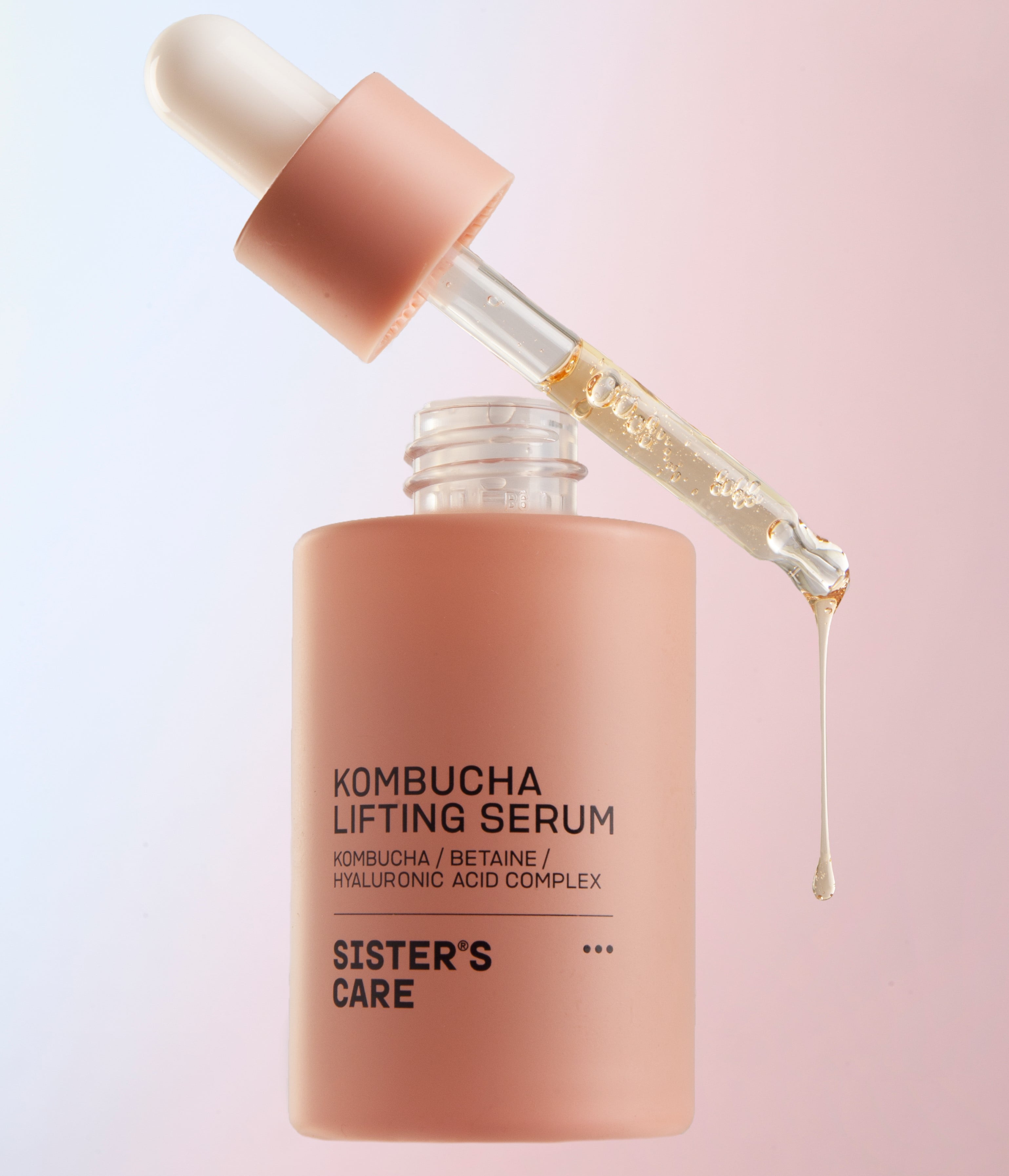
The brand of cosmetic and perfume products offers a range of serums for skincare. Clinically tested ingredients in these formulations provide toning, brightening, and combat pigmentation and premature aging.
KOMBUCHA LIFTING Serum
This product is available in a convenient 30 ml bottle. A powerful anti-aging serum with moisturizing and nourishing properties. It contains concentrated fermented tea fungus extract, gentle acids stimulating collagen and elastin synthesis, vitamins, and hyaluronic acid. Designed for morning use, making it an excellent start to the day for individuals with dry and combination skin.
Boosting Ampoule Serum
This skin-renewing product comes in a 30 ml bottle. It includes niacinamide, preventing moisture loss and minimizing pores. It fights pigmentation, and the patented Cica Biome complex aids in restoring the skin's natural microbiome at the cellular level, enhancing skin immunity. Hyaluronic acid retains moisture, while a peptide complex contributes to skin firmness and elasticity.
Often, facial serums are developed by manufacturers to address specific cosmetic concerns, but Sister's Aroma formulations have a broad spectrum of effects:
Products from the brand regularly make it into the ratings of the best serums. We recommend trying out several ampoules.
Frequently Asked Questions
When is the best time to apply facial serum?
Serums can be applied in the morning, during the day, and in the evening, depending on the intended use. The specific usage time is indicated by the manufacturer in the instructions. A mandatory condition is that the serum should be applied to clean, slightly damp skin.
How long does it take to see results from the serum?
Serums contain active ingredients in concentrated amounts. The desired results typically manifest within 4-6 weeks.
Can I use serum as a moisturizer?
No, dermatologists do not recommend using serum as an alternative to moisturizing cream. Creams are designed to create a barrier on the skin that retains moisture. While serums provide some moisture, they should not be used for this purpose, as they do not create a protective layer. After serum absorption, a moisturizing cream is used additionally.
Which serum is better?
Any certified product is good for a specific skin type and addressing specific problems.
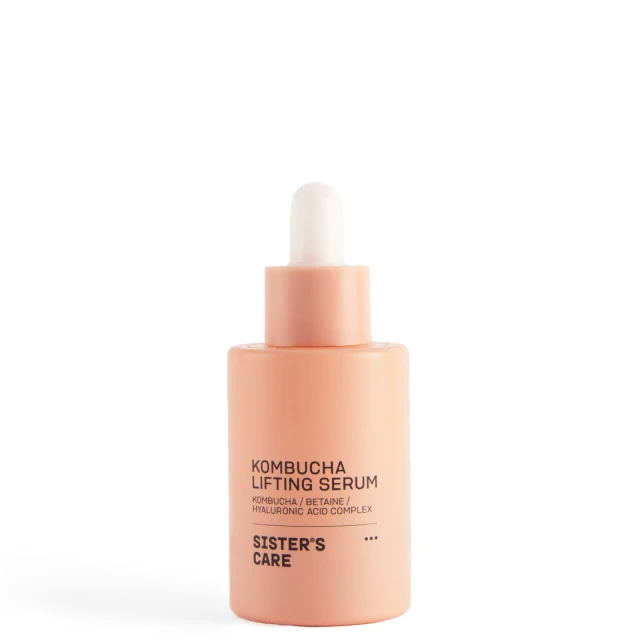
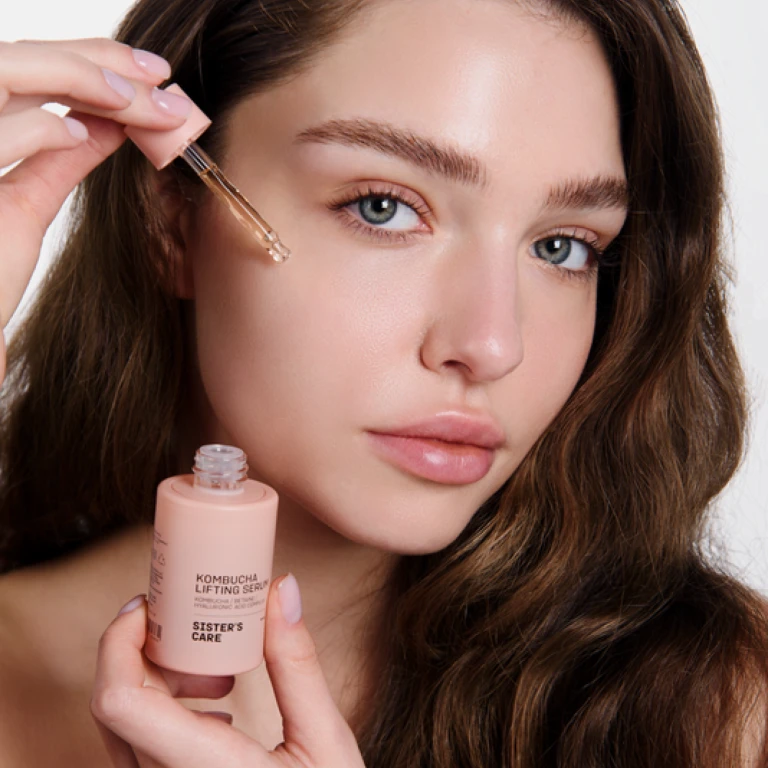



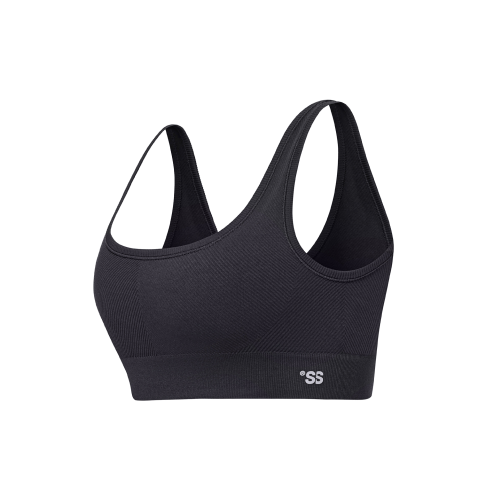
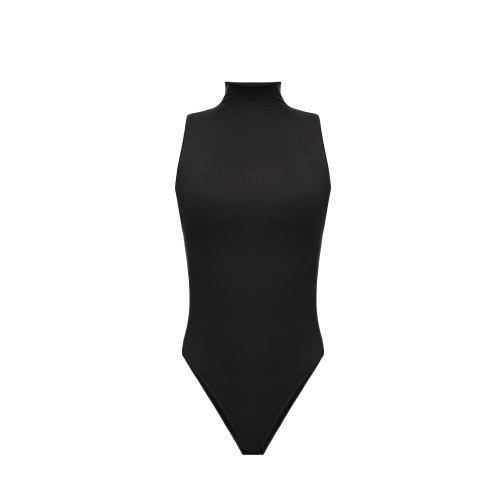
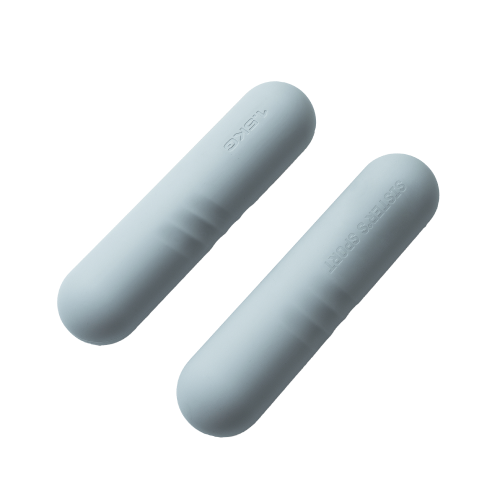
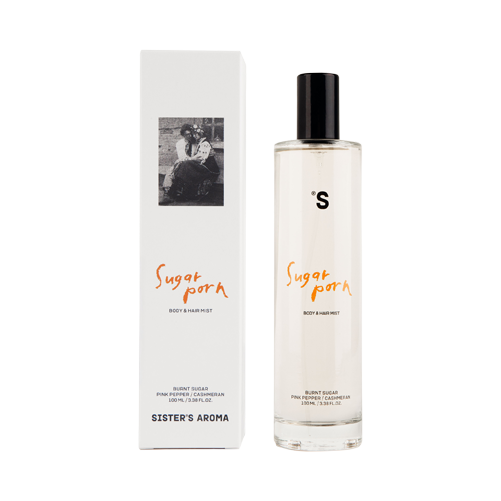
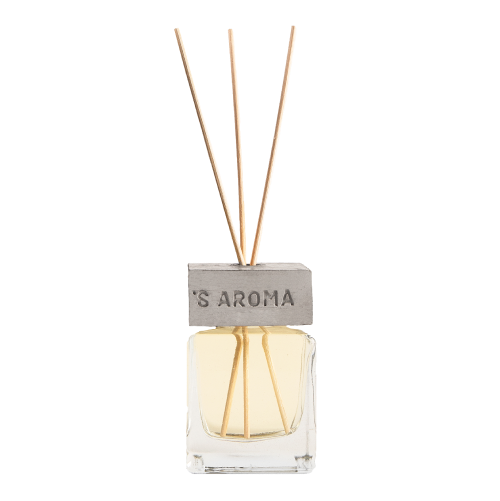
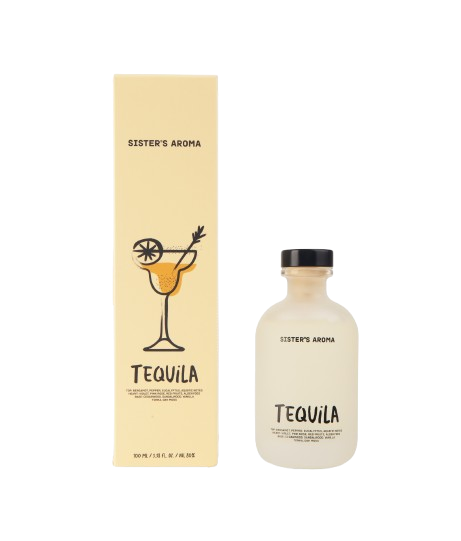

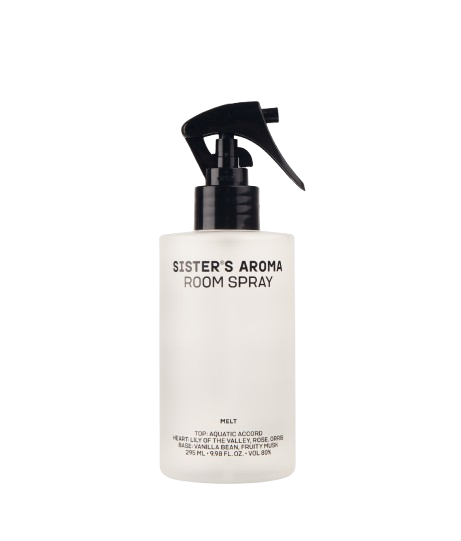
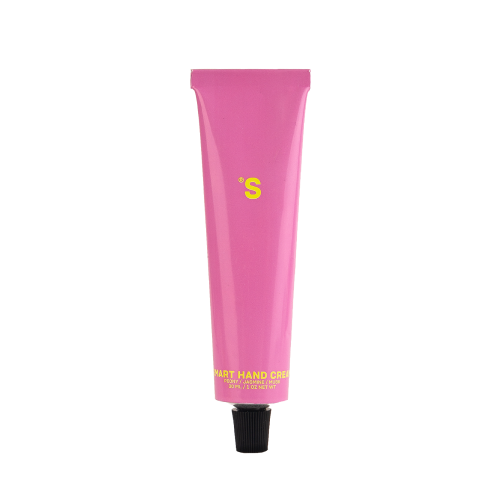
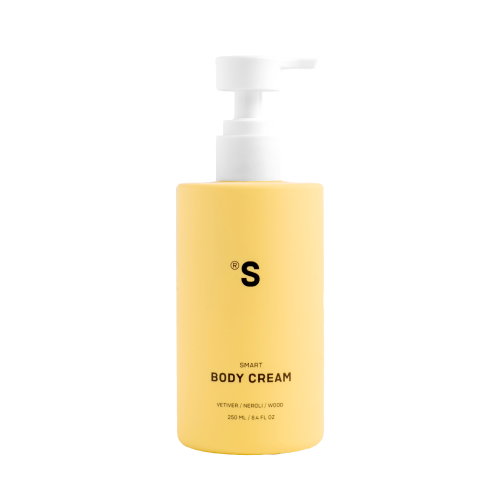
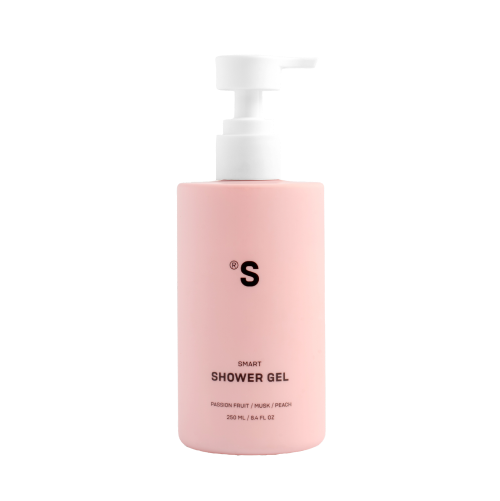
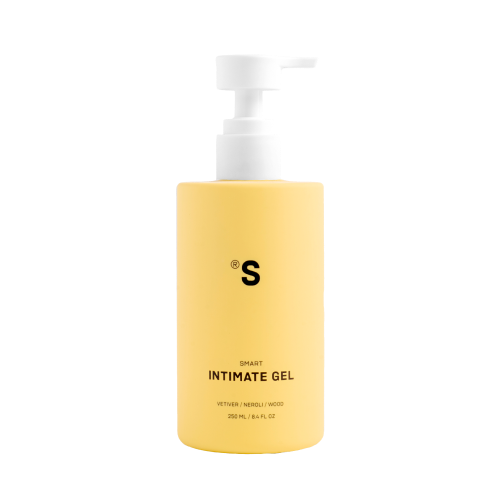

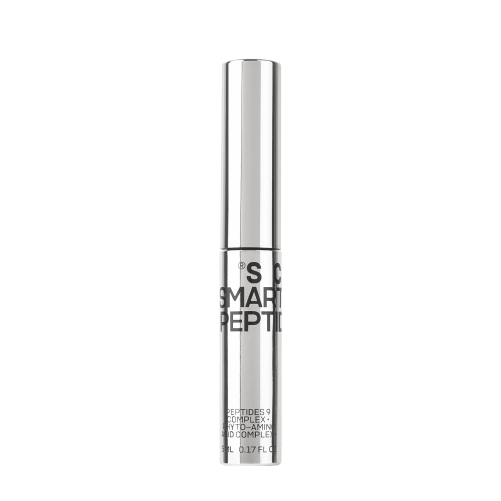
.png)
